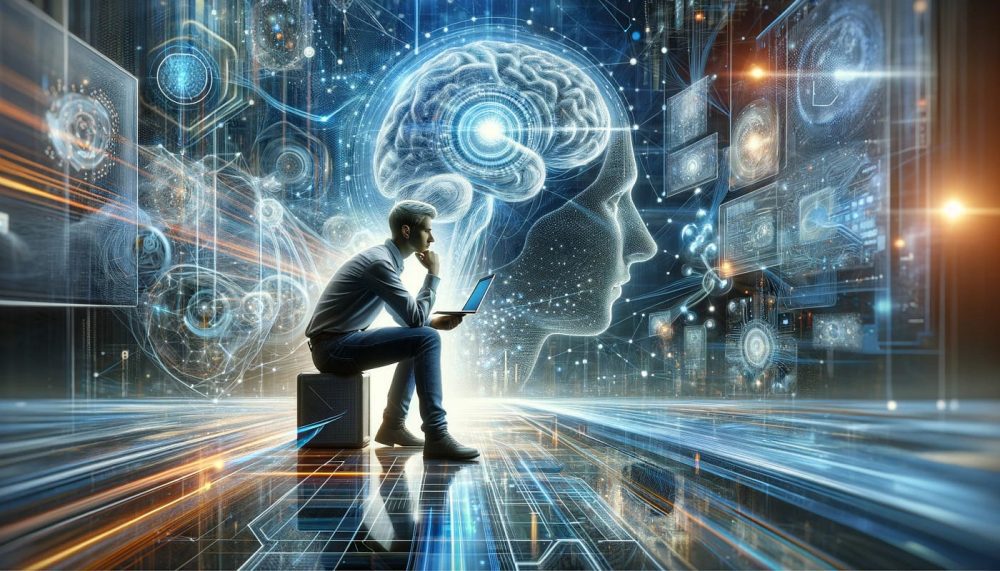In the realm of artificial intelligence (AI), the traditional notion of intelligence is undergoing a significant transformation. A recent tweet highlighted a crucial shift in perspective: Intelligence is not merely the ability to solve problems but the ability to identify and define what constitutes a problem. This distinction is pivotal as we advance in AI capabilities.
Currently, AI can solve a myriad of problems, from complex calculations to language translation. However, the question remains: Can AI identify and define the problems it is capable of solving? This question challenges the core of AI’s capabilities and limitations.
AI’s Problem-Solving Capabilities
AI has made remarkable strides in solving problems across various domains. For instance, AI models like Google’s DeepMind have demonstrated the ability to tackle complex mathematical problems, such as those found in Math Olympiads. These advancements showcase AI’s potential to assist in fields that require high-level reasoning and computation.
However, the ability to solve predefined problems does not equate to the ability to identify new problems. This distinction is crucial in understanding the limitations of current AI systems. As highlighted in a TechCrunch article, visual AI models often fail to understand the context of images, leading to errors in tasks that require visual reasoning.
The Role of Human Intellect in AI Development
While AI can enhance the speed and scope of discoveries, over-reliance on these technologies can lead to a false sense of understanding. A report from the Economic Times discusses the potential deskilling of human researchers due to heavy reliance on AI for scientific discovery. To avoid this, researchers must view AI as a tool to enhance, rather than replace, human intellect.
AI’s role in hypothesis generation, experimental design, and data analysis is invaluable. However, the human ability to identify and define problems remains irreplaceable. This synergy between human intellect and AI capabilities is essential for meaningful advancements.
Challenges in AI’s Problem Identification
One of the significant challenges in AI is its inability to independently identify and define problems. AI models are trained on vast datasets, which means their problem-solving abilities are limited to the scope of their training data. This limitation is evident in the performance of large language models (LLMs) like GPT-4, which can replicate reasoning steps but struggle with genuine logical reasoning.
As noted in a recent article, advancements in techniques like Chain of Thought (CoT) in Transformers are moving towards more explainable AI systems. However, these models still rely heavily on predefined data and lack the ability to independently identify new problems.
Ethical and Philosophical Implications
The ethical and philosophical implications of AI’s limitations are profound. The inability of AI to identify and define problems raises questions about its role in decision-making processes. As AI becomes more integrated into various sectors, from healthcare to cybersecurity, the need for human oversight becomes increasingly critical.
A discussion on AI consciousness explores the potential ethical challenges of AI systems that could one day become self-aware. While this remains speculative, it underscores the importance of addressing the current limitations of AI in problem identification.
Conclusion
In conclusion, the shift in perspective on intelligence highlights the importance of problem identification and definition in the age of AI. While AI can solve many problems, its inability to independently identify new problems underscores the irreplaceable role of human intellect. As we continue to advance in AI capabilities, fostering a collaborative approach between human intellect and AI will be essential for meaningful progress.
Ready to Transform Your Hotel Experience? Schedule a free demo today
Explore Textify’s AI membership
Explore latest trends with NewsGenie
